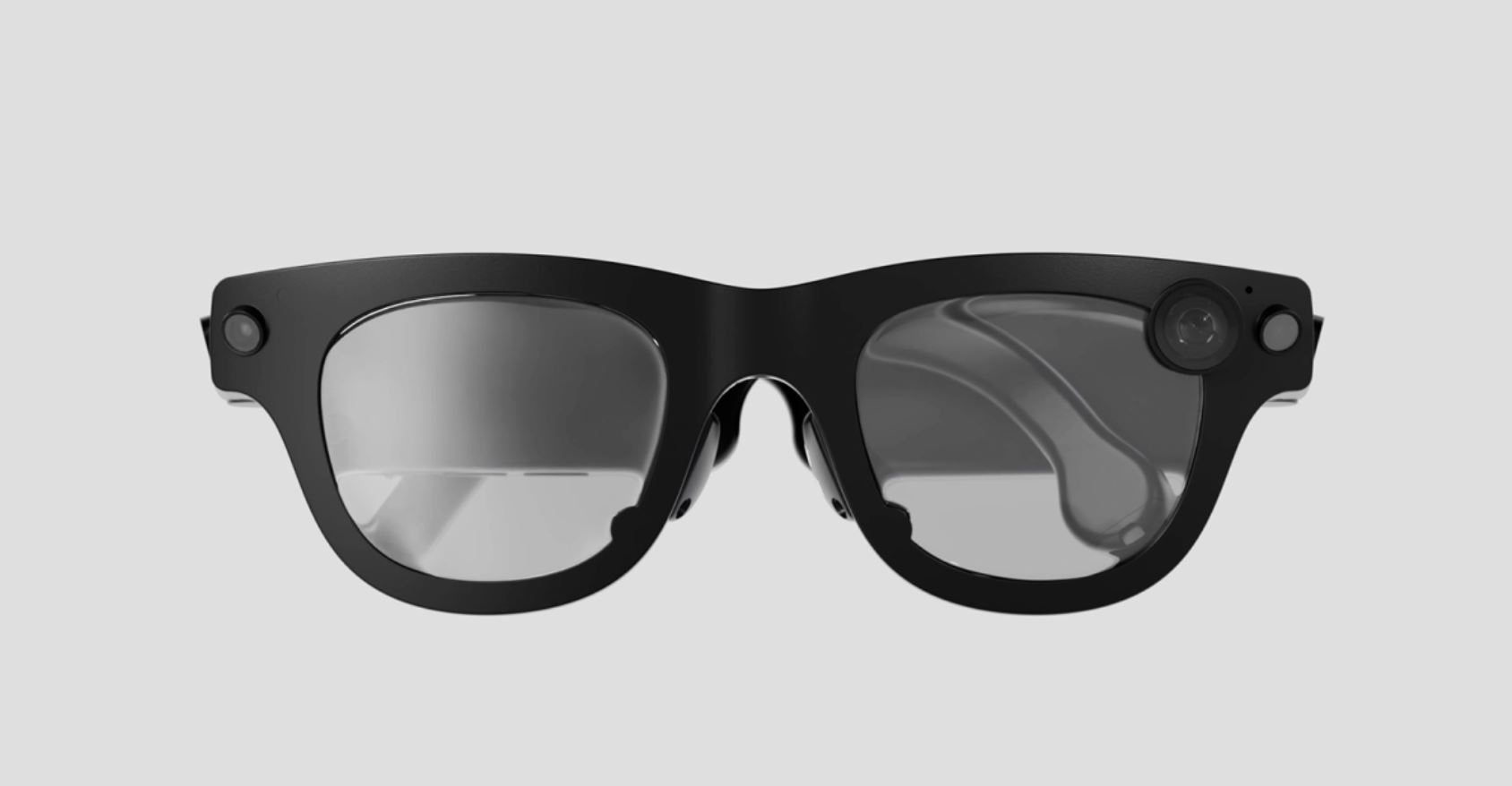 Meta has introduced the Aria Gen 2, a fresh take on smart glasses designed for groundbreaking research in augmented reality, artificial intelligence, and robotics. These experimental glasses build on earlier innovations with a lighter design and a range of thoughtful upgrades that could shape future consumer products.
Meta has introduced the Aria Gen 2, a fresh take on smart glasses designed for groundbreaking research in augmented reality, artificial intelligence, and robotics. These experimental glasses build on earlier innovations with a lighter design and a range of thoughtful upgrades that could shape future consumer products.
The standout feature is an improved eye‑tracking system that monitors your gaze, recognises blinks, and estimates the pupil centre position—helping to unlock a deeper understanding of visual attention and intention. Alongside this, four integrated computer vision cameras are set to capture 3D tracking of hands and objects, paving the way for applications like precise robotic hand manipulation. Researchers might also appreciate the built‑in photoplethysmography sensor perched on the nosepad, which aids in heart rate estimation, while a contact microphone improves audio clarity even in noisy environments. An ambient light sensor allows the glasses to adjust seamlessly to changing lighting conditions, whether indoors or outside.
The Aria Gen 2 also introduces foldable arms, weighs about 75 grams, and comes in eight sizes, ensuring a comfortable fit for different users. This upgrade follows the 2020 version, which was exclusively available to researchers, and further builds on the momentum generated by Meta’s Ray‑Ban smart glasses. Looking ahead, Meta has plans for Orion augmented‑reality glasses—possibly in collaboration with Oakley—and the development of premium Hypernova glasses that integrate displays.








